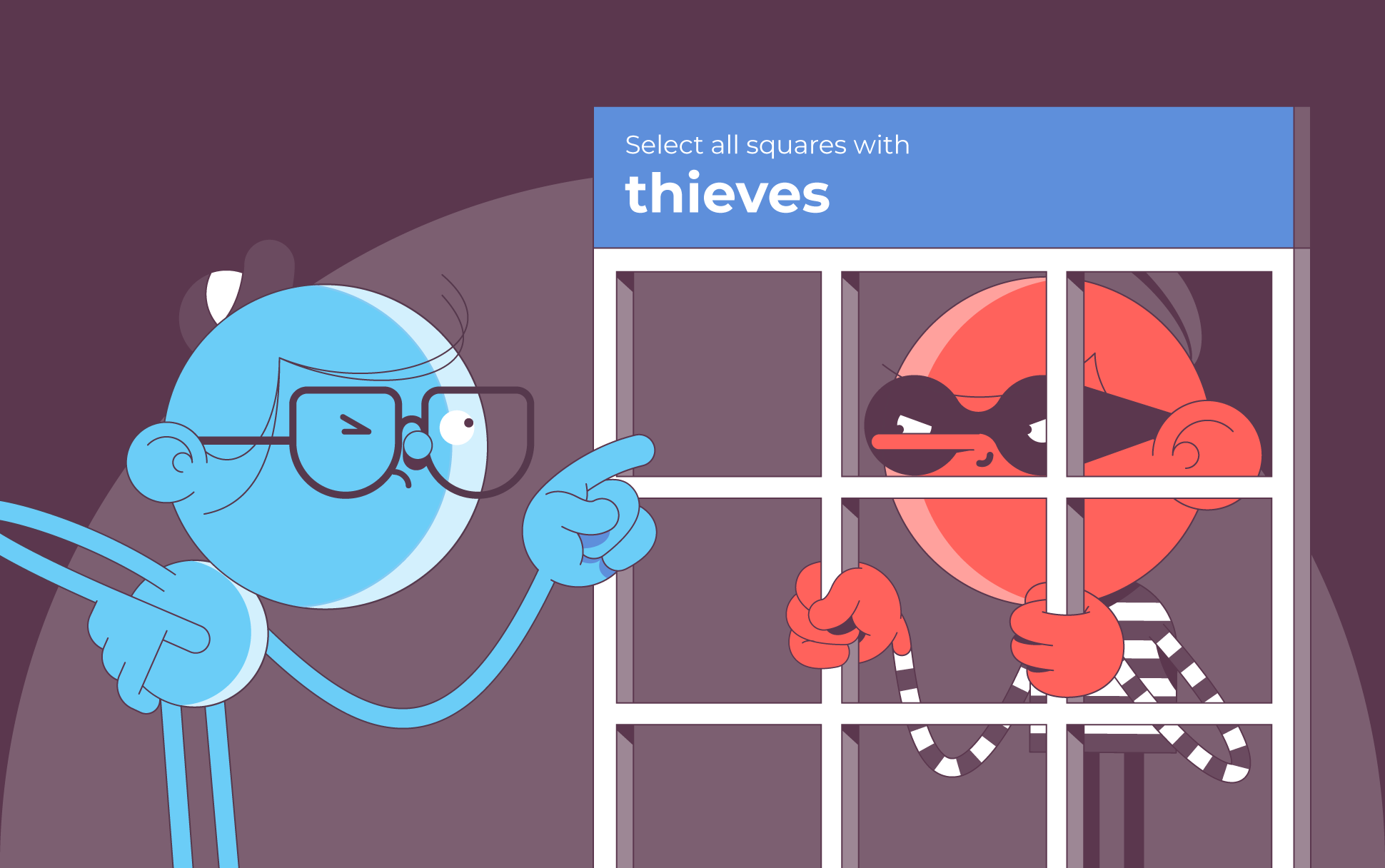
In recent times, a slew of products that promise myriad health benefits by targeting your brain have been steadily gaining interest. Though intriguing, the jury’s still out on whether or not they actually work.
Read more
Cora is a digital copywriter for SSLs.com. Having eight years of experience in online content creation, she is a versatile writer with an interest in a wide variety of topics, ranging from technology to marketing.





